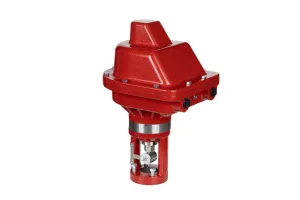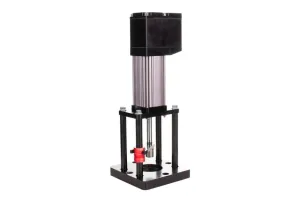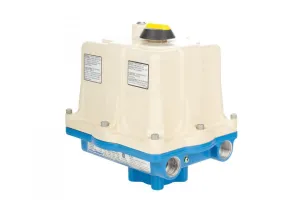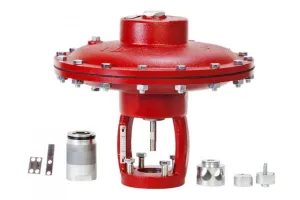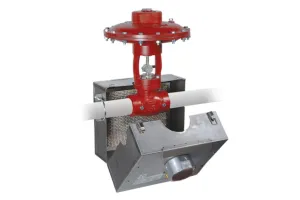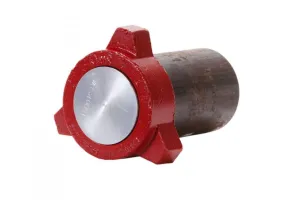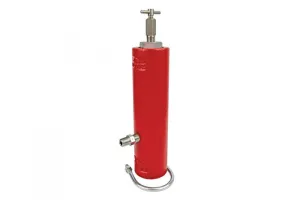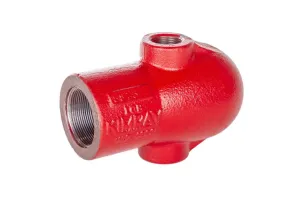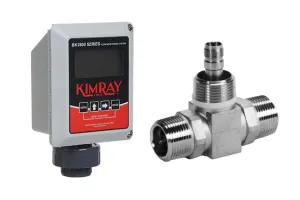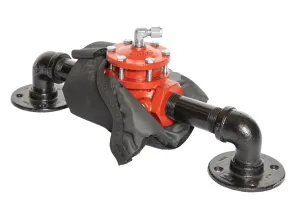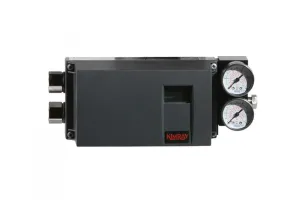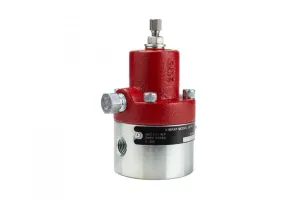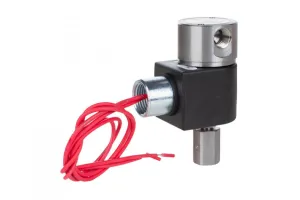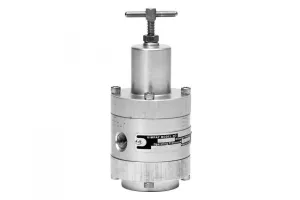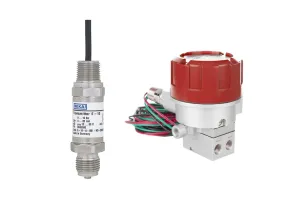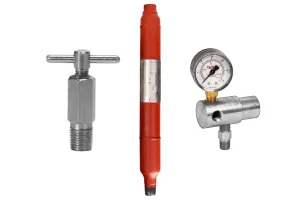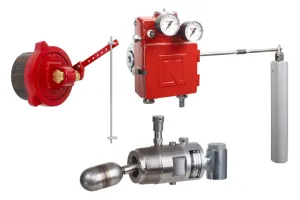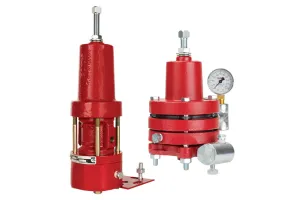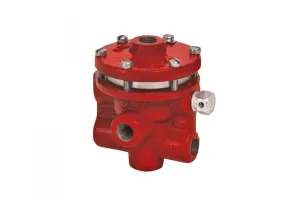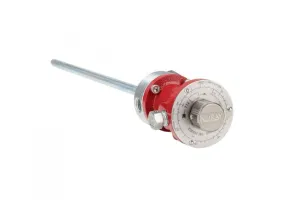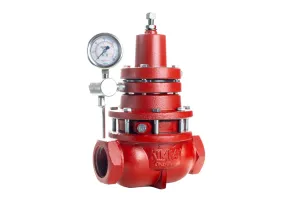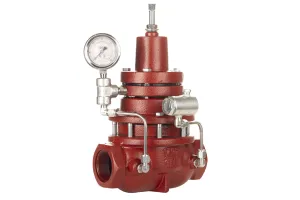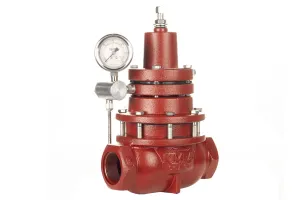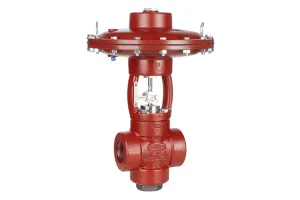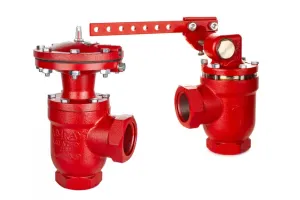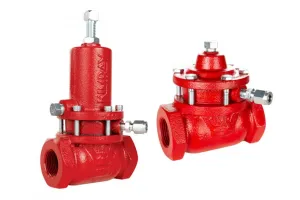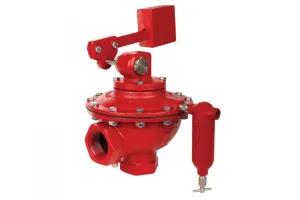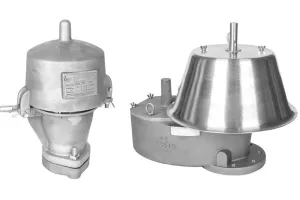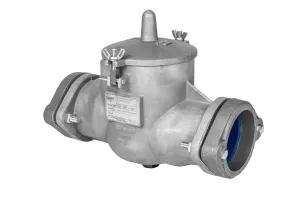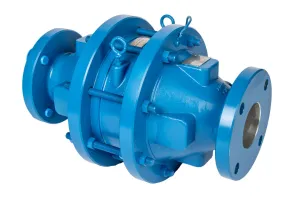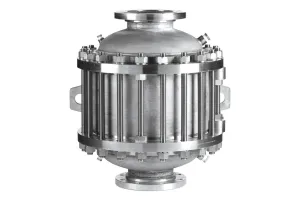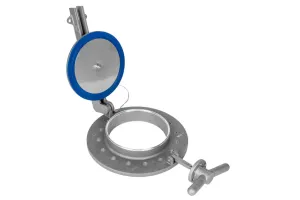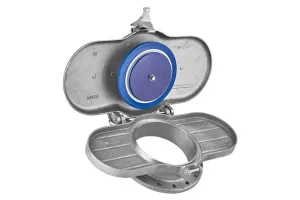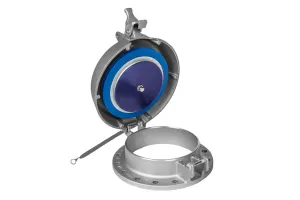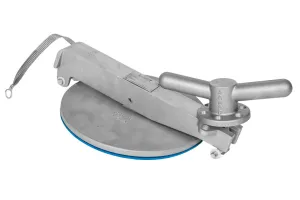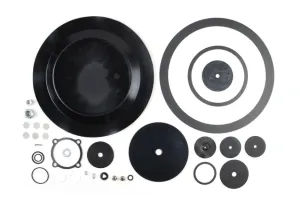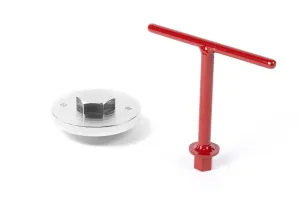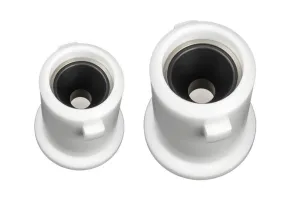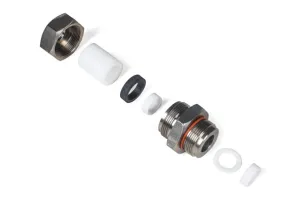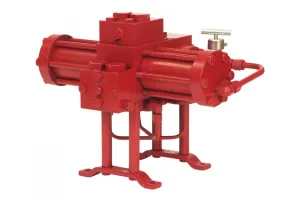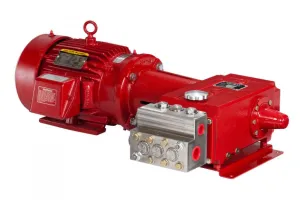The process for valve sizing can be confusing. There are numerous variables in oil and gas controls, and an array of options to deal with those variables. In this piece we’ll be covering the three most important factors in selecting a control valve:
- High vs. Low Pressure Control Valves
- The Meaning of Valve Cv
- How Valve Cv Affects Trim Sizes
1. High Pressure vs. Low Pressure control Valves
The first question you need to ask when valve sizing is “What is my pressure?”
- For gas applications, if your pressure is more than 300psi, you need a high pressure control valve. If it’s less than 300 psi, you can likely use a low pressure regulator.
- For liquid applications, if your pressure is more than 500psi, you need a high pressure control valve. If it’s less than 500 psi, you can use a lever-operated or pneumatic dump valve.
While it sounds obvious to choose high pressure valve for high pressure application, there is another key factor you have to consider: Calculated Cv.
2. The meaning of valve Cv
The second question you need to ask when valve sizing is “What is my Cv?”
Cv is the number of gallons of water that will pass through a given flow restriction at a 1 psi differential.
Put simply, you can think of it as the orifice size of a valve.
To calculate your Cv, plug your flow conditions into the Kimray sizing calculator. You can also use this video guide to learn how to use this sizing calculator.
Now let’s look at two examples of how Cv helps us with sizing control valves.
Example 1
- Your pressure is less than 300 psi and your required Cv is 3 or greater.
- In this case, a low pressure regulator should work for a gas application, while a low pressure control valve or lever operated liquid dump valve will work for a liquid application.
Example 2
- Your pressure is still less than 300 psi, but your required Cv is less than 3.
- In this example. you should use a Stem Guided High Pressure Control Valve because it can meet the small Cv requirements.
It may sound counter-intuitive to use a high pressure control valve for low pressure application, so let’s dig a little further…
3. how valve Cv affects Valve Trim Sizes
Kimray low pressure valves and regulators come with 2 simple trim options—full port or reduced port—and might be too big for the small flow rates.
Meanwhile, Kimray 2” stem-guided high pressure control valves come with 9 trim options ranging from ¼” up to 1”. (Our 1” stem-guided valve trim options range from 1/8” – ½”.)
Stem-guided valves have tight Cvs—from .34 to 21. They can handle low flow as well as high pressure drop applications where you have a small Cv requirement.
For larger Cvs and higher pressures, Kimray’s Cage Guided High Pressure Control Valves are full port valves with a Cv range of 28.6 to 1,091.
While our stem-guided valves are available only in 1” and 2” sizes, our cage-guided valves are available in 2" through 10".
Can I Change My Valve Trim?
We’ve now walked through control valve selection. But what about if you have valves on an existing well and conditions change?
A key benefit of Kimray control valves is their versatility. For example, If you resize your valve with the new conditions and the calculated Cv does not fit the trim on your existing stem-guided valves, you can swap the trim for a different size.
This will keep you from having to change your piping to fit a larger or smaller valve.
